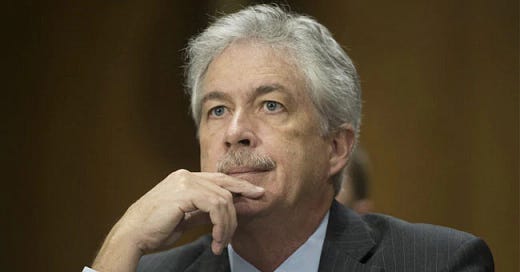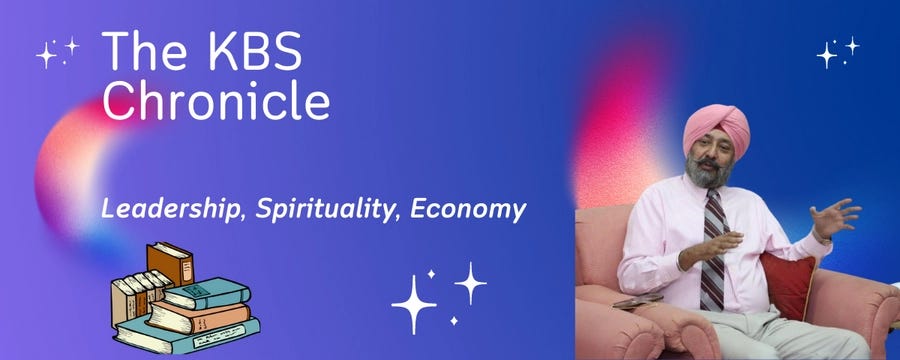CIA Director in Qatar: Release of US Citizens Top Priority
The secondary objective is then to expand the release process beyond women and children and to secure release of male hostages, including military personnel.
High-Level Secret Diplomatic Mission
CIA Director William J. Burns arrived in Qatar on Tuesday (November 28) for secret meetings aimed at negotiating a comprehensive deal between Israel and Hamas, but with a focus on release of US citizens held hostages. This mission, involving Israel’s Mossad Chief and Qatar’s Prime Minister, marks a significant step in addressing the continuing crisis. The talks will also aim to broaden the scope of ongoing hostage negotiations, previously limited to women and children, to include men and military personnel.
Focus on American Hostages and Conflict Pause
A central objective of Burns' visit is securing the release of American hostages held by Hamas, with the count estimated at eight or nine. Alongside this, Burns is negotiating for a multiday ceasefire, considering Israel's demands for releasing multiple hostages for each day of peace. These delicate discussions reflect the complexities of the Middle East conflict.
Qatar's Pivotal Role
Qatar's role as a mediator accentuates its significant influence in Middle Eastern geopolitics. The presence of a top U.S. official in Qatar not only underscores this influence but also the country's pivotal role in regional dynamics, particularly in the Israel-Hamas context. Qatar is known for hosting top Hamas leaders, and Doha effectively serves as Hamas's international headquarters. Additionally, Qatar is home to the United States Air Force's largest base in the region, further highlighting its strategic importance in this complex and volatile area.
Burns as a Key Negotiator
Recognized for his extensive Middle Eastern contacts and diplomatic expertise, CIA Director William J. Burns has emerged as the key U.S. negotiator in this crisis. His direct connections with regional players, including Qatar, and his strong rapport with Israel’s Mossad, establish him as a crucial figure in these high-stakes negotiations. Uniquely, Burns has the ability to communicate directly with the U.S. President, bypassing the intricate White House bureaucracy that most cabinet members navigate. Interestingly, while neither the U.S. nor Israel engage in direct talks with Hamas, even in Qatar, these discussions are effectively facilitated by Qatari intermediaries, ensuring a degree of diplomatic separation.
Israeli Strategy and U.S. Influence: Navigating Complex Diplomatic Terrain
Israeli involvement in the negotiations is under the watchful eye of Prime Minister Benjamin Netanyahu, with Mossad Chief David Barnea playing a key role on the ground. This reflects the complex internal dynamics shaping Israel's strategy. Alongside the hostage talks, a major focus is on ensuring consistent humanitarian aid to Gaza, an essential aspect of the diplomatic efforts. In this context, the U.S. support for Israel is virtually unwavering, buoyed by substantial public backing within the U.S. and the influence of a powerful Jewish lobby, which is a significant contributor to both major American political parties. This support framework is a crucial backdrop to the ongoing negotiations and regional diplomacy.






